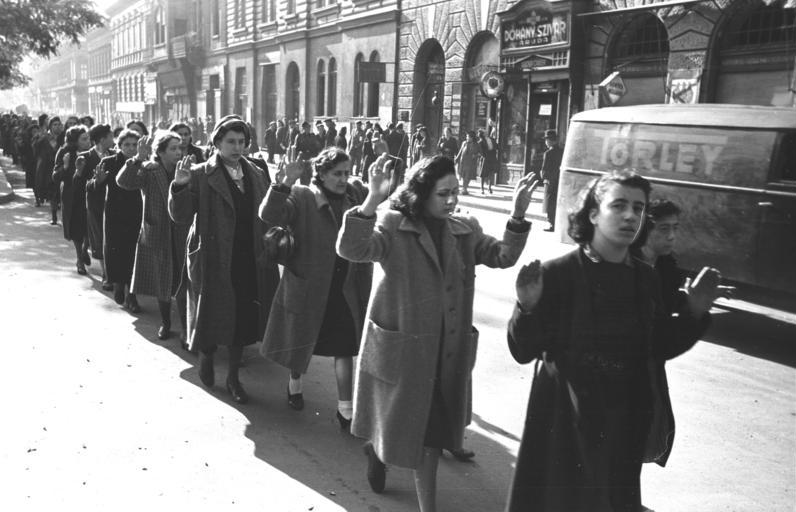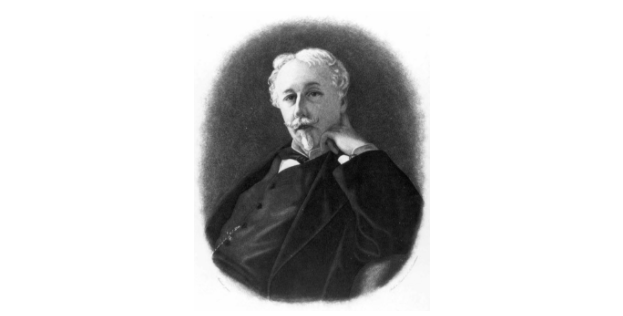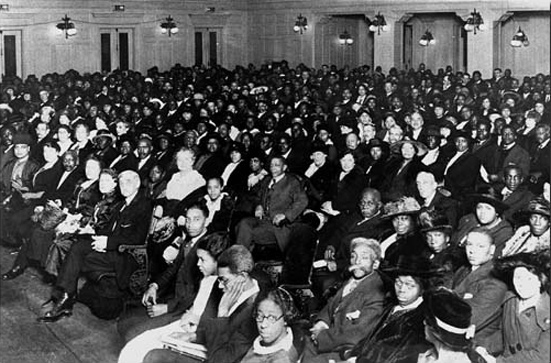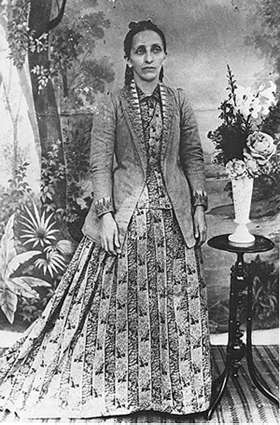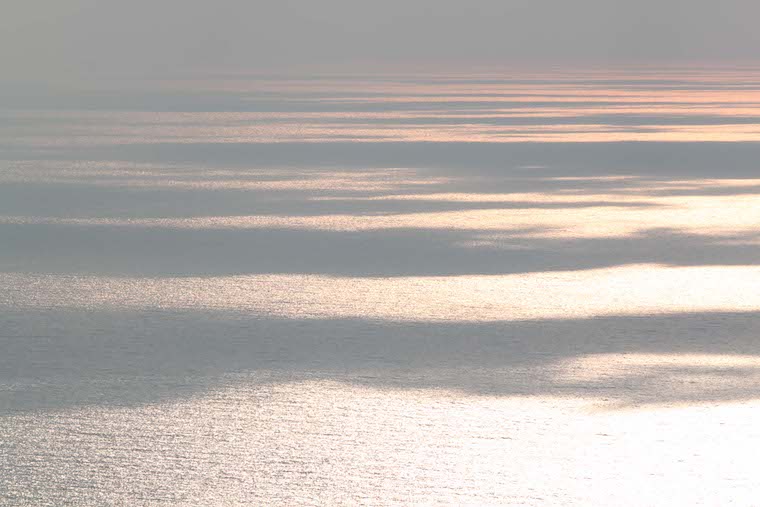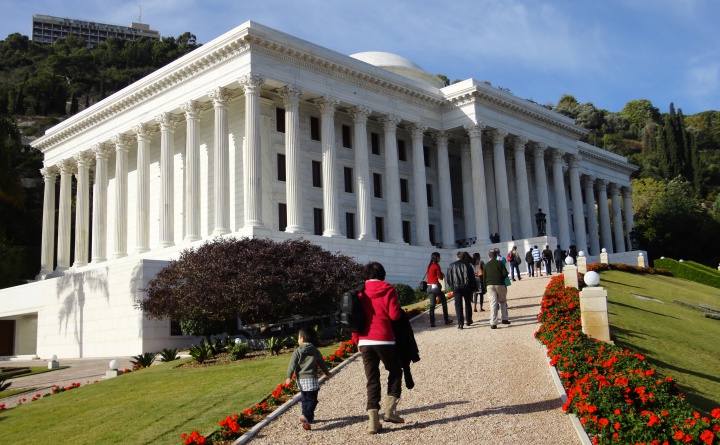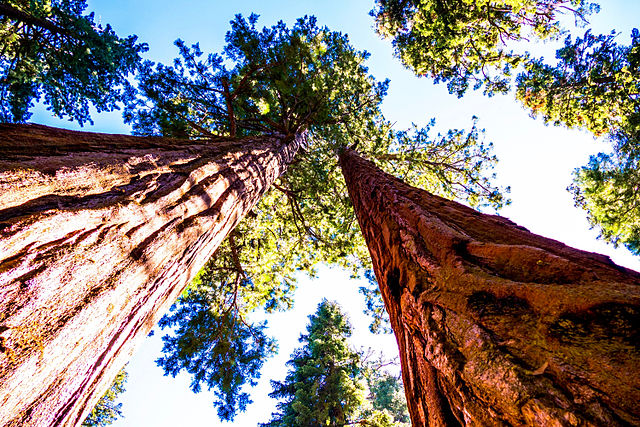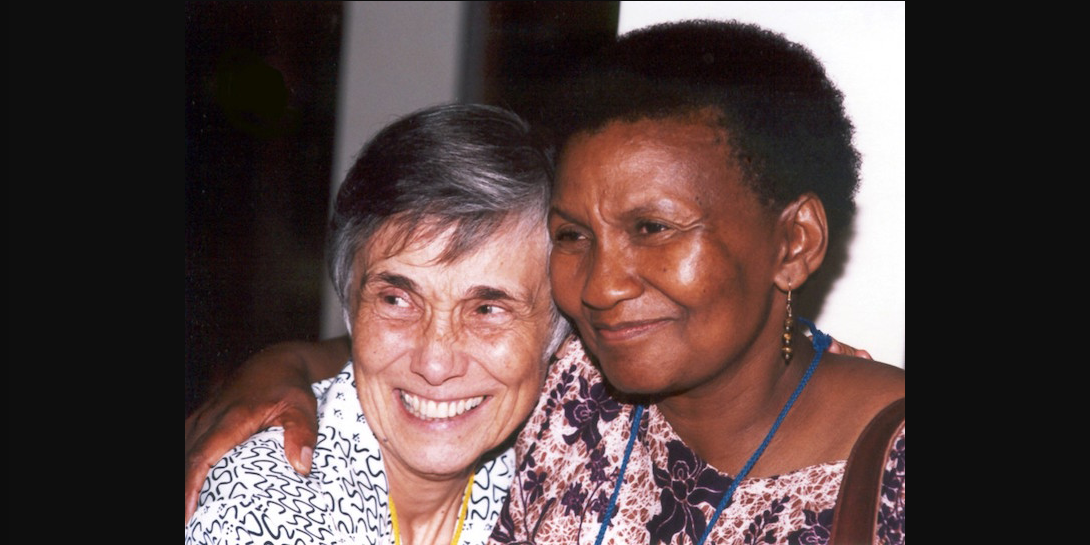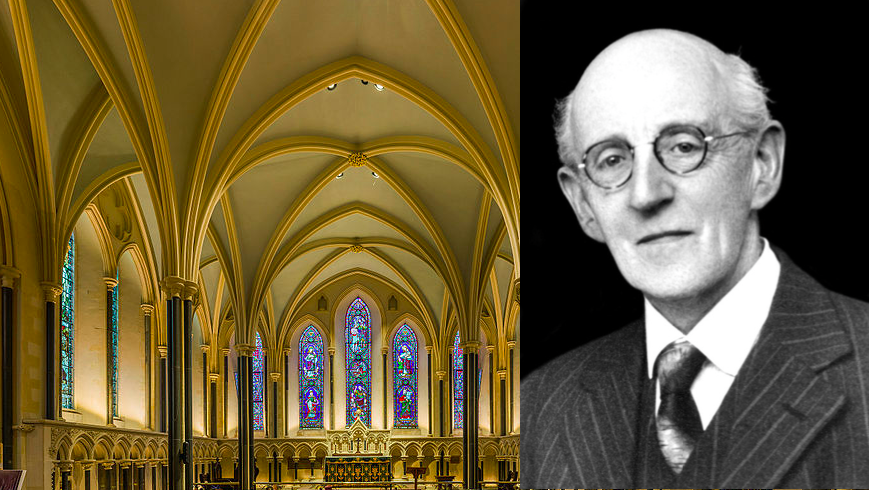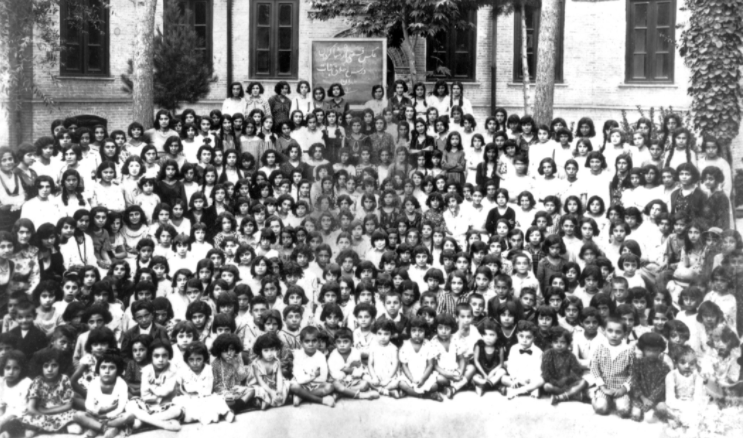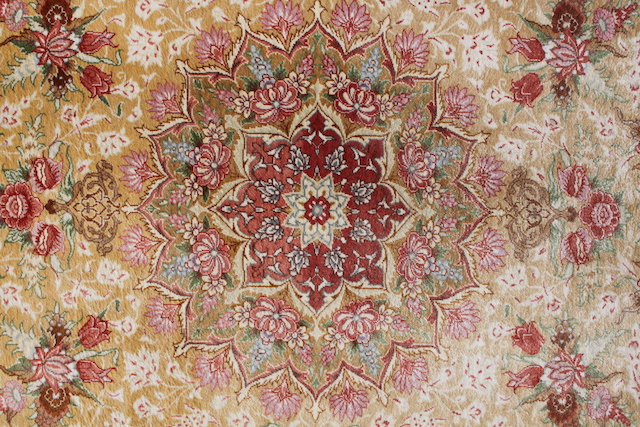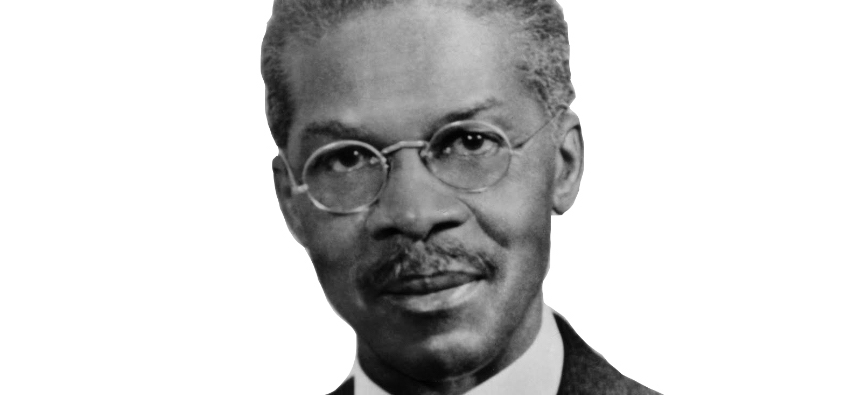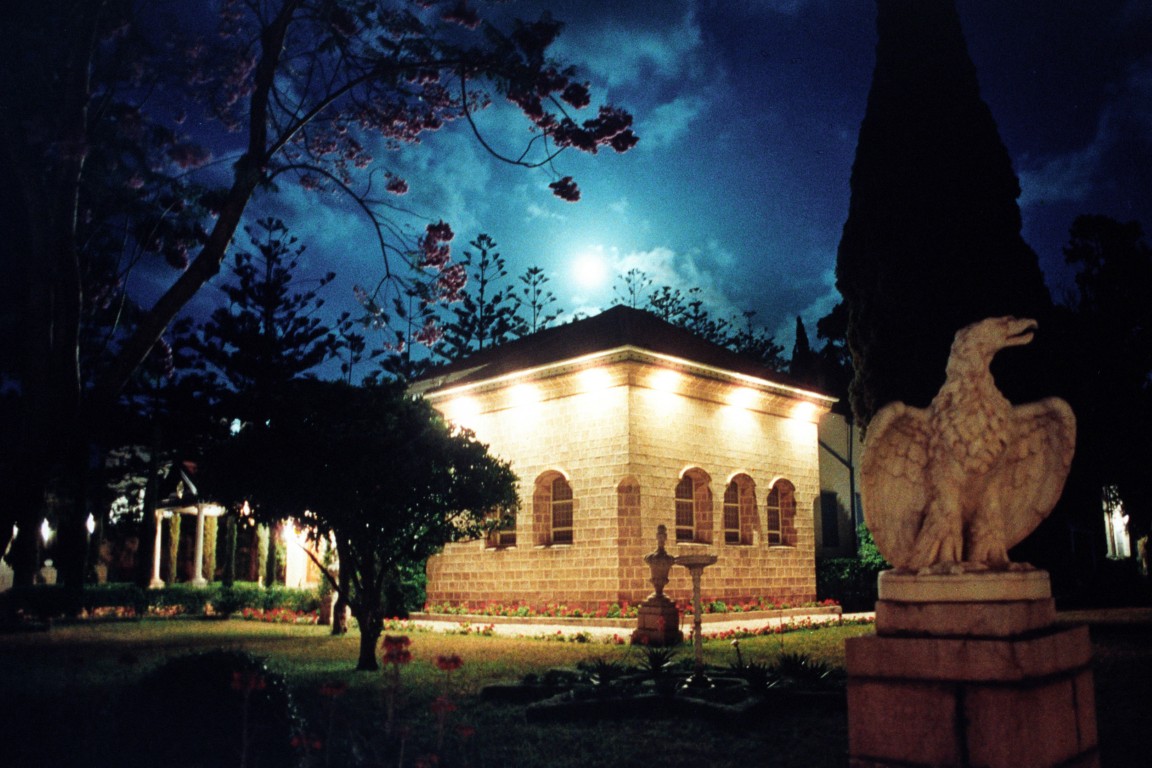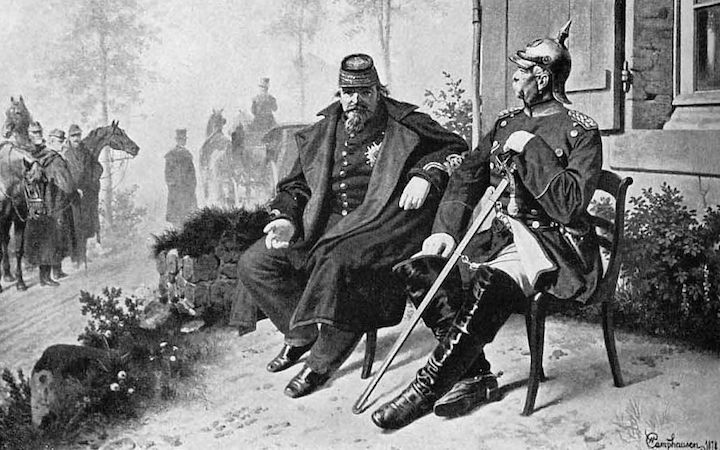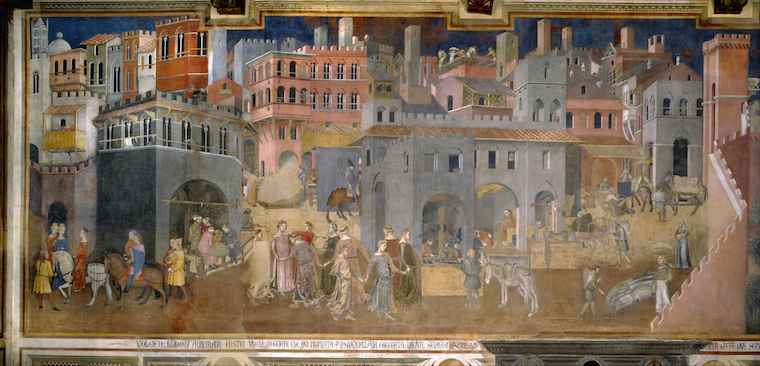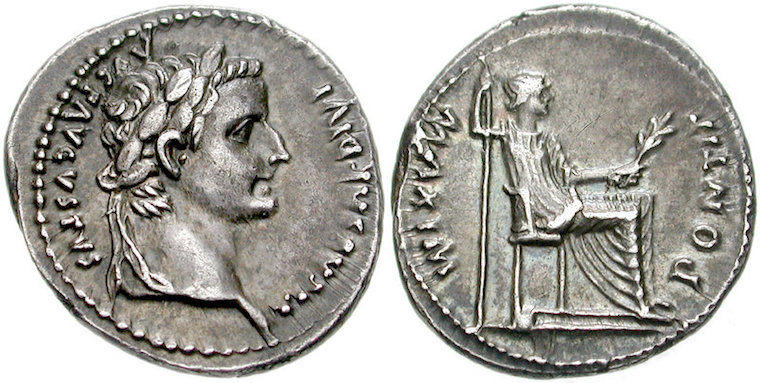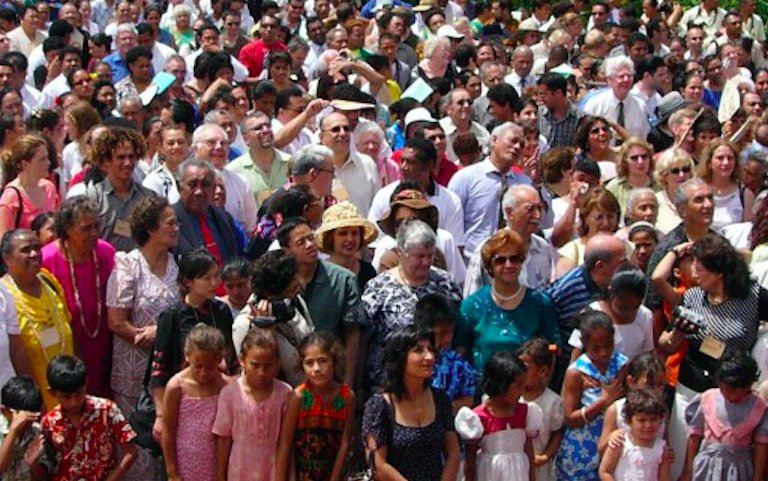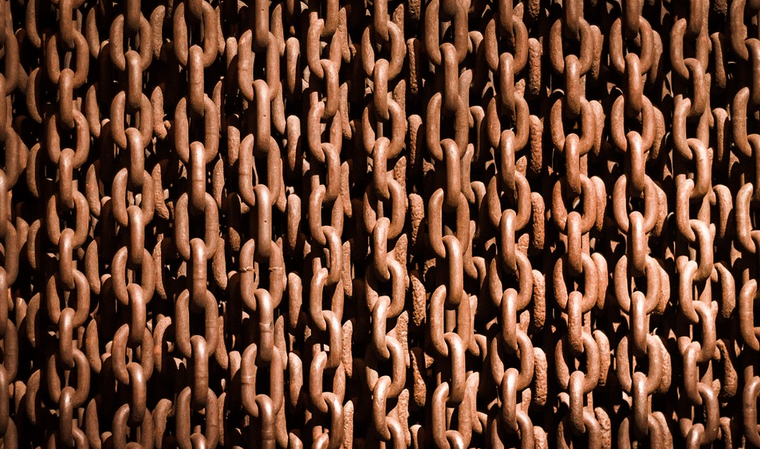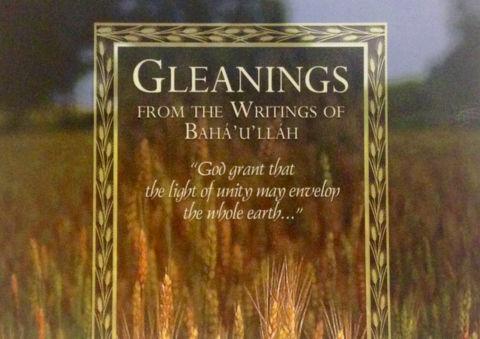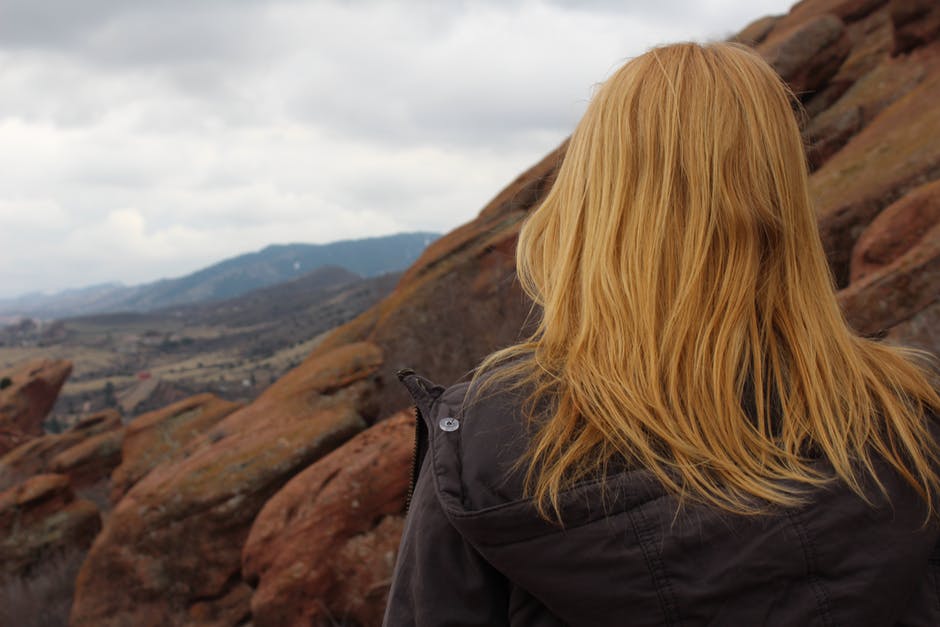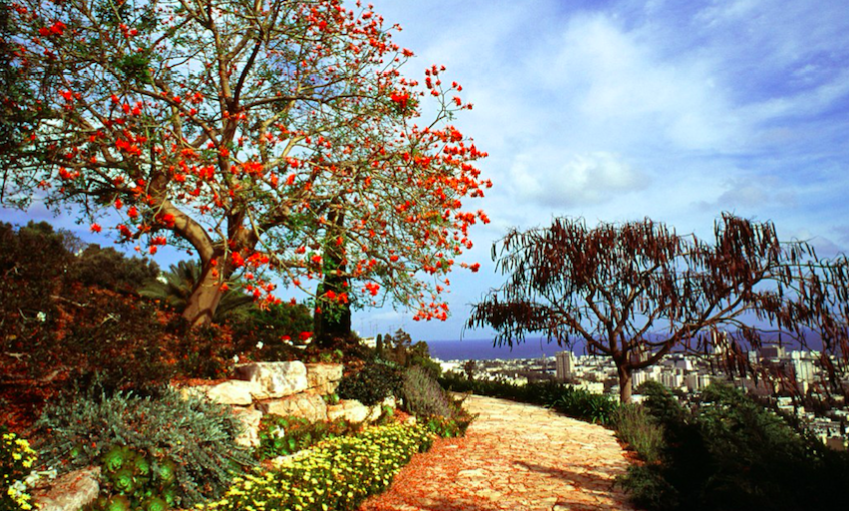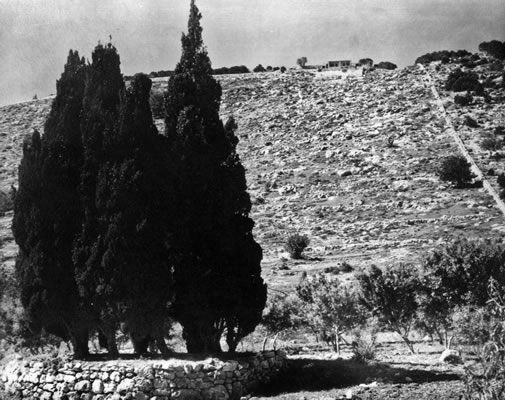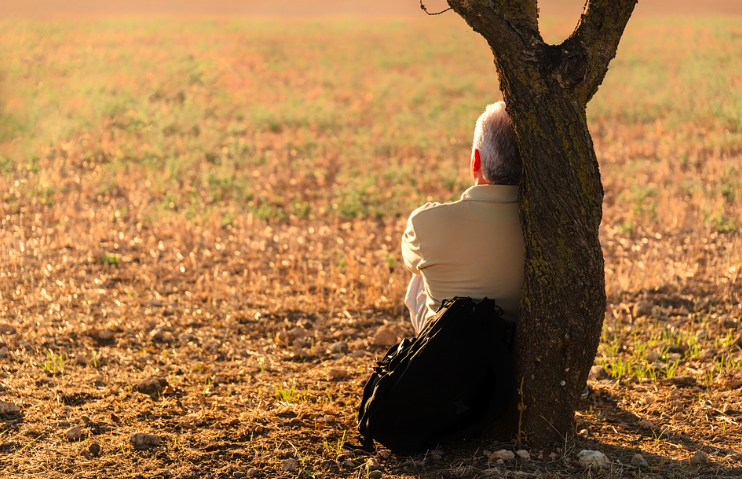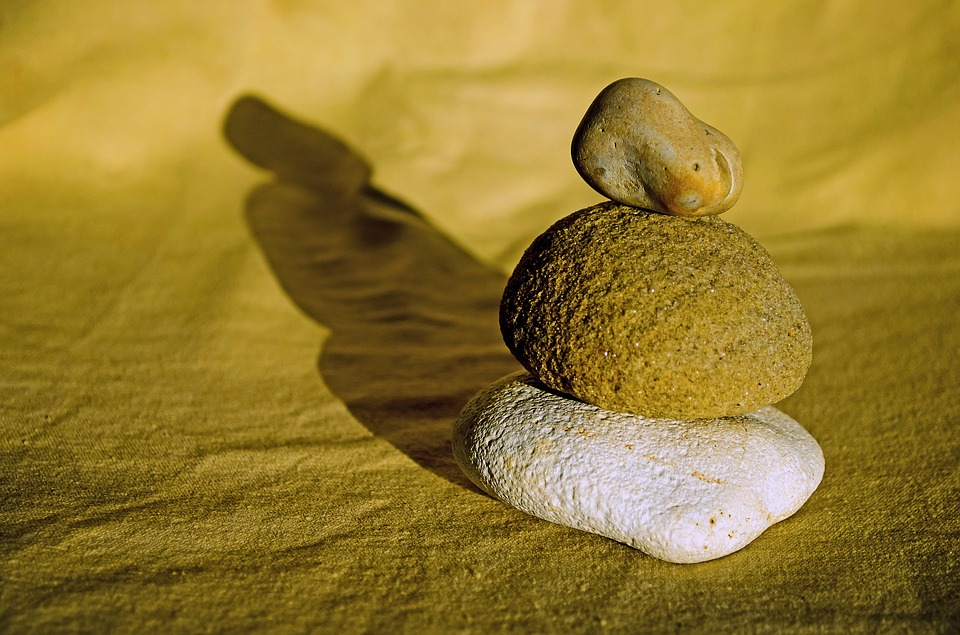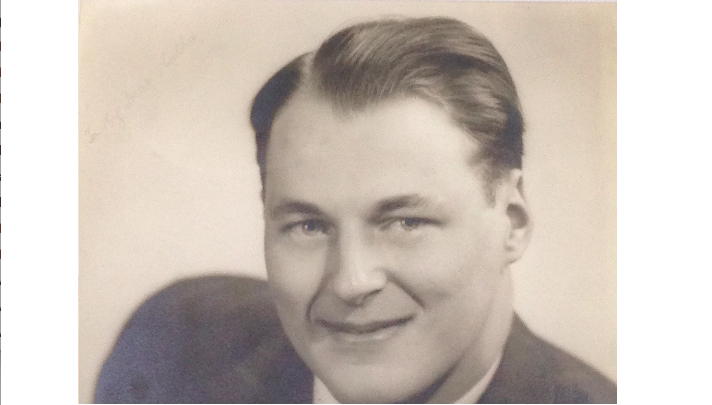Abolition of Prejudice
-
Rings of Power: true to Tolkien’s vision or ‘woke’ distortion?
Tolkien was an enormous part of my world when I grew up. I was and am a Tolkien nerd. But in those years, his works lived a sub-culture and very few knew about the Lord of the Rings and fewer still bothered to read the books. That was, of course, before Jackson’s movies made the Lord of the Rings a global phenomenon. My version of Tolkien is the book version, which as is well-known, Tolkien fans regard as the ‘gold-standard’ for any portrayal in film. Jackson’s films were a breakthrough in presenting Tolkien’s world – but the gratuitous action and violence added to the scripts represents crass commercialisation – for…
-
Origins of Racism: the Case of the Count de Gobineau
When we see racism still at work in our world it is important not only to know its current manifestations but also to understand something of how it arose. This article concerns, Count Arthur de Gobineau, a man who is often labelled a “father of racism”. Of course, no one individual is solely responsible – but he was clearly one of those whose influence contributed to the strengthening of racist ideology. Curiously enough he also appears as the European historian who wrote the first extensive account of the birth of the Babi religion, as we have seen in the article on E.G Browne. Regrettably, it appears, Gobineau did not pursue…
-
White Australia Policy
Most us take a multicultural, multiracial reality in our stride – a normal and welcome part of life. It is a very recent development. For a Faith that arrived in Australia when the White Australia policy was the law, it inevitably raised questions for some of the newly enrolled Baha’is. How were they to square their religious beliefs – with the expectations of the society around them? And maybe with their own unexamined prejudices about their fellow human beings? The period in question unfolded mostly during the time that Shoghi Effendi led the Baha’i Faith. And at a general level, the likely answer was clear enough. Baha’u’llah came to establish the…
-
Bahá’u’lláh: Against Persecution of Minorities
In the world as we know it today – and through much of historical time – to be identified by a society as a member of a minority is to be vulnerable. Repeatedly in history we see terrible outbreaks of persecution, violence and oppression against minorities. No part of the world and no culture is exempt. Of course such persecution is rooted in how we think about our fellow human beings. Only when a consciousness of the oneness of humankind truly takes hold will such horrors abate. Thus as we have already explored Bahá’u’lláh frames a new understanding of human relationships. Speaking of all human beings he states; Ye are the fruits of one tree,…
-
Louis Gregory – Service to the Oneness of Humanity
Slavery was not a tale read from dusty history books for Louis Gregory. It was a close family memory. Louis Gregory was born in 1874. Both Louis’ parents had been freed from slavery by the civil war. His grandmother on his mother’s side, was an African transported to America as a slave in the Atlantic slave trade, and his grandfather was her white master. When Louis was four his father died. At age 7, Louis Gregory witnessed the murder of his African American grandfather by the Ku Klux Klan, because of his grandfather’s success as a blacksmith. At age 17 Louis lost his mother, who died in child birth. From these difficult beginnings, his life began…
-
We are One – Overcoming Racism: Part 2
As introduced in yesterday’s article, racism is entirely incompatible with Bahá’u’lláh’s teachings. Close your eyes to racial differences, and welcome all with the light of oneness.[1] As Westerners began to join the Baha’i Faith early in the 1900s, it was clear that racism would need to be addressed, and ‘Abdu’l-Bahá, Bahá’u’lláh’s eldest son, set out to do so. Indeed ‘Abdu’l-Bahá began this work from the earliest visits of Western pilgrims who came to see him in the early 1900s to learn about Bahá’u’lláh’s teachings. In 1911 he invited Louis Gregory, an African American lawyer, to visit him. The pilgrimage not only had a profoundly transformative spiritual impact on Gregory but provided opportunities for ‘Abdu’l-Bahá to stress…
-
We are One – Overcoming Racism: Part 1
While Bahá’u’lláh, a persecuted prisoner of the Ottoman Sultan, was promulgating his universal teachings of the oneness of humanity, wholly different and toxic doctrines were taking hold in Western thought. Racism was emerging as scientific and intellectual orthodoxy and was to reach its horrific nadir in the holocaust of World War II. Europeans held dominance over their fellow human beings as colonial powers – a dominance often misused. A strict racial segregation and hierarchy was the reality of race relations in America. The flowering of European material culture seduced many in the West with the false idea of inherent “white” superiority. Racism is entirely at odds with Bahá’u’lláh’s teachings and the intent and meaning…
-
Against Religious Fanaticism and Hatred
Bahá’u’lláh condemned religious fanaticism and hatred, perhaps most strikingly in the following passage: Religious fanaticism and hatred are a world-devouring fire, whose violence none can quench. The Hand of Divine power can, alone, deliver mankind from this desolating affliction.[1] I admit that when I first read this passage sometime in the late 1980s or early 1990s, I found it difficult to visualise how religious fanaticism could be a “world-devouring fire”. At the time, religious fanaticism did not seem likely to threaten the world; surely (I thought) it was largely a thing of the past. Tragically the truth of Bahá’u’lláh’s words are all too evident in the 21st century. It is not the only occasion that…
-
No Human Being is Unclean
Bahá’u’lláh abolishes the concept of “uncleanness”. In different cultures, at different times, human beings and things have been held to be “unclean” – in the specific case of religion, “ritually unclean”. In 1873, Bahá’u’lláh wrote: God hath … abolished the concept of “uncleanness,” whereby divers things and peoples have been held to be impure.… Verily, all created things were immersed in the sea of purification when, on that first day of Riḍván, We shed upon the whole of creation the splendors of Our most excellent Names and Our most exalted Attributes.[1] Bahá’u’lláh’s purpose in doing so is suggested in the words that follow shortly after: Consort ye then with the followers of all…

